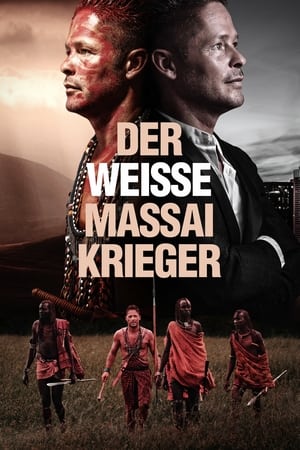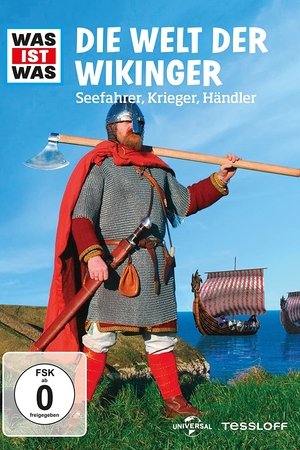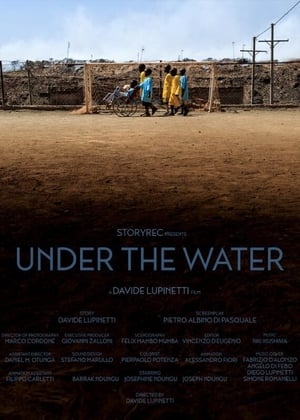
The White Massai Warrior(2020)
For the first time a white man is invited to become a Massai warrior
For the first time in history, a white man has been invited to become a Massai Warrior. The Massai of East Africa are one of the last tribes on earth to live as they did hundreds of years ago. Benjamin will live among the tribe, sleeping, hunting, and surviving in the bush. He will get to know their culture, their customs of dancing and playing, and learn how to conquer the dangers of the wilderness. Will he be able to become a true Massai warrior? To become a Massai is a great journey into the unknown.
Movie: The White Massai Warrior
Top 3 Billed Cast
Teacher
Surviver
Interviewer
Video Trailer The White Massai Warrior
Similar Movies
Safari Ya Gari(en)
This early travelogue film, made in a Kenyan train station, captures an impromptu musical performance. Some passengers eagerly join in while others sleep—blissfully unaware of the performance taking place around them.
A Blooming Business(en)
A documentary about people in Kenya who are imprisoned by the global flower industry. The dilemmas of the industry become painfully clear and a dark world of oppression, sexual abuse and terrible working conditions unfolds. There is only one conclusion possible: the smell of the imported rose is not sweet, but bitter.
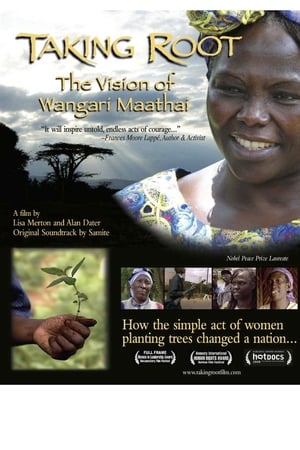 6.2
6.2Taking Root: The Vision of Wangari Maathai(en)
This documentary provides a window into the extraordinary life of activist and Nobel Laureate Wangari Maathai, a Kenyan woman who has worked to regain ownership of her country and its fate after years of colonialism. While gentle and thoughtful, Maathai carries a powerful message: the First World holds much of the responsibility for the environmental, economic and social struggles of the developing world.
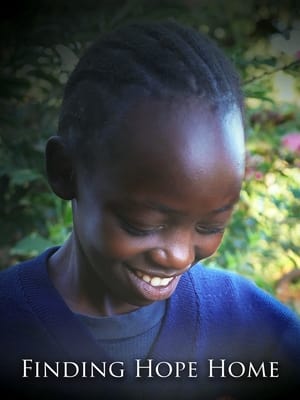 5.3
5.3Finding Hope Home(en)
The story of Pastor Lucy and her husband Duncan Ndegwa, who began feeding and sheltering children from the streets of Nairobi, Kenya in 1996.
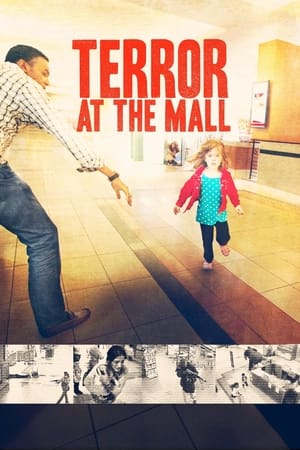 7.8
7.8Terror at the Mall(en)
A documentary detailing an indiscriminate terrorist attack that left 71 dead in Kenya.
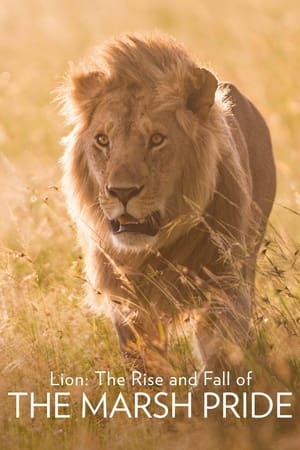 8.7
8.7Lion: The Rise and Fall of the Marsh Pride(en)
Documented in television documentaries for over 40 years by the BBC and other broadcasters around the world, the Marsh Pride is the most filmed pride of lions on Earth. In this film, the Marsh Pride battle for survival in Kenya's famous Maasai Mara Reserve, which has become a magnet for tourists, many of them keen to see the pride for themselves. A tale of shifting loyalties, bloody takeovers and sheer resilience, the lions’ story is told by those who filmed them, tried to protect them and lived alongside them, as well as some who ultimately wanted them dead.
Across the World with Mr. and Mrs. Johnson(en)
As if they were showing their film to a few friends in their home, the Johnsons describe their trip across the world, which begins in the South Pacific islands of Hawaii, Samoa, Australia, the Solomons (where they seek and find cannibals), and New Hebrides. Thence on to Africa via the Indian Ocean, Suez Canal, North Africa, and the Nile River to lion country in Tanganyika. (They are briefly joined in Khartum by George Eastman and Dr. Al Kayser.) Taking a safari in the Congo, the Johnsons see animals and pygmies, and travel back to Uganda, British East Africa, and Kenya.
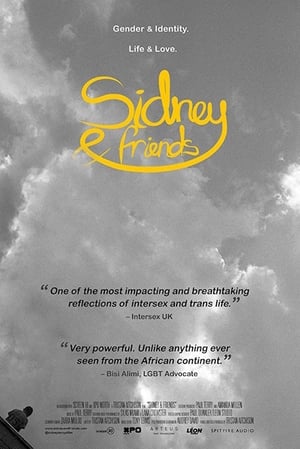 0.0
0.0Sidney & Friends(en)
When his family tries to kill him, Sidney, who is intersex, flees to Nairobi where he meets a group of transgender friends. Together, they fight discrimination and discover life, love and self-worth.
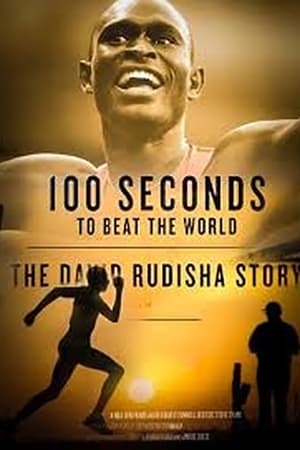 6.0
6.0100 Seconds to Beat the World(en)
The story of Kenyan athlete David Rudisha, the greatest 800m runner the world has ever seen, and his unusual coach, the Irish Catholic missionary Brother Colm O'Connell.
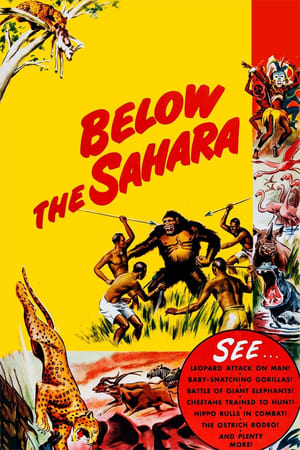 3.5
3.5Below the Sahara(en)
The photographic record of an African expedition led by producer-explorer Armand Denis and his (very) photogenic and camera-toting wife Michaela, who goes bird-riding at an ostrich farm. The expedition ranges from the central interior jungles and mountains to both coasts and as far south as Capetown, and ends with a gorilla hunt led by natives using 100-year-old muskets.
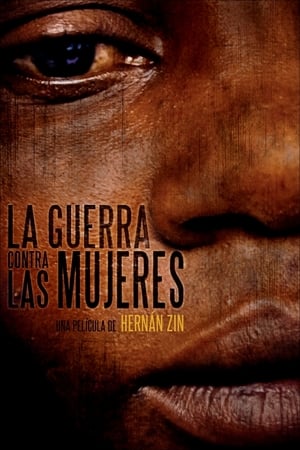 6.4
6.4The War Against Women(es)
Sexual violence against women is a very effective weapon in modern warfare: instills fear and spreads the seed of the victorious side, an outrageous method that is useful to exterminate the defeated side by other means. This use of women, both their bodies and their minds, as a battleground, was crucial for international criminal tribunals to begin to judge rape as a crime against humanity.
The Tales from Kibera Radio(pl)
Kibera is the largest slum area in Nairobi, and the largest urban slum in Africa. This documentary depicts three important problems; violence, drugs (miraa) and albinos killing.The 2009 Kenya Population and Housing Census reports Kibera's population as 170,070, contrary to previous estimates of one or two million people .Most of Kibera slum residents live in extreme poverty, earning less than $1.00 per day. Unemployment rates are high. Persons living with HIV in the slum are many, as are AIDS cases. Cases of assault and rape are common. There are few schools, and most people cannot afford education for their children. Clean water is scarce. Diseases caused by poor hygiene are prevalent.
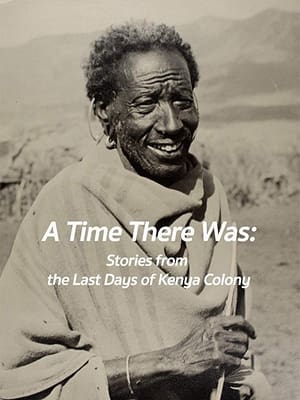 0.0
0.0A Time There Was: Stories from the Last Days of Kenya Colony(en)
A look at the Mau Mau Rebellion of the 1950s as experienced by filmmaker Donald McWilliams.
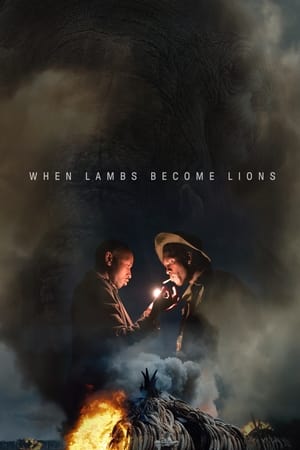 8.0
8.0When Lambs Become Lions(en)
In the Kenyan bush, a crackdown on ivory poaching forces a silver-tongued second-generation poacher to seek out an unlikely ally in this fly-on-the-wall look at both sides of the conservation divide.
Africa is a Woman's Name(en)
The lives of three extraordinary African women from different social levels and origins determined to bring about radical transformations in their day to day realities: Kenyan attorney and reputed lawyer Njoki Ndung'u, Puthi Ragophala the committed school principal of a remote South African village and Zimbabwean housewife-entrepreneur, Amai Rosie.
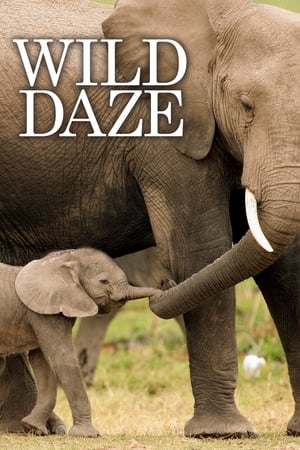 9.0
9.0Wild Daze(en)
In Africa, poachers brutally maim and kill elephants for their ivory, much of which is exported to China or smuggled into the United States. The profits help fund terrorist organisations, and are used to buy guns and artillery. WILD DAZE takes an unflinching look at these problems from various perspectives, and shows how the slaughter has decimated the elephant population, left survivors traumatised, and seriously harmed the forests of Eastern and Southern Africa.
 0.0
0.0For Kibera!(fi)
Boy Dallas lives in the slum of Kibera, the capital of Kenya, Nairobi. He is a radio host, "The Voice of Kibera." Dallas is a self-taught cameraman, and with a spare camera, he sets out to find out why the neighborhood, which has long been the target of aid, is still in such terrible trouble.
